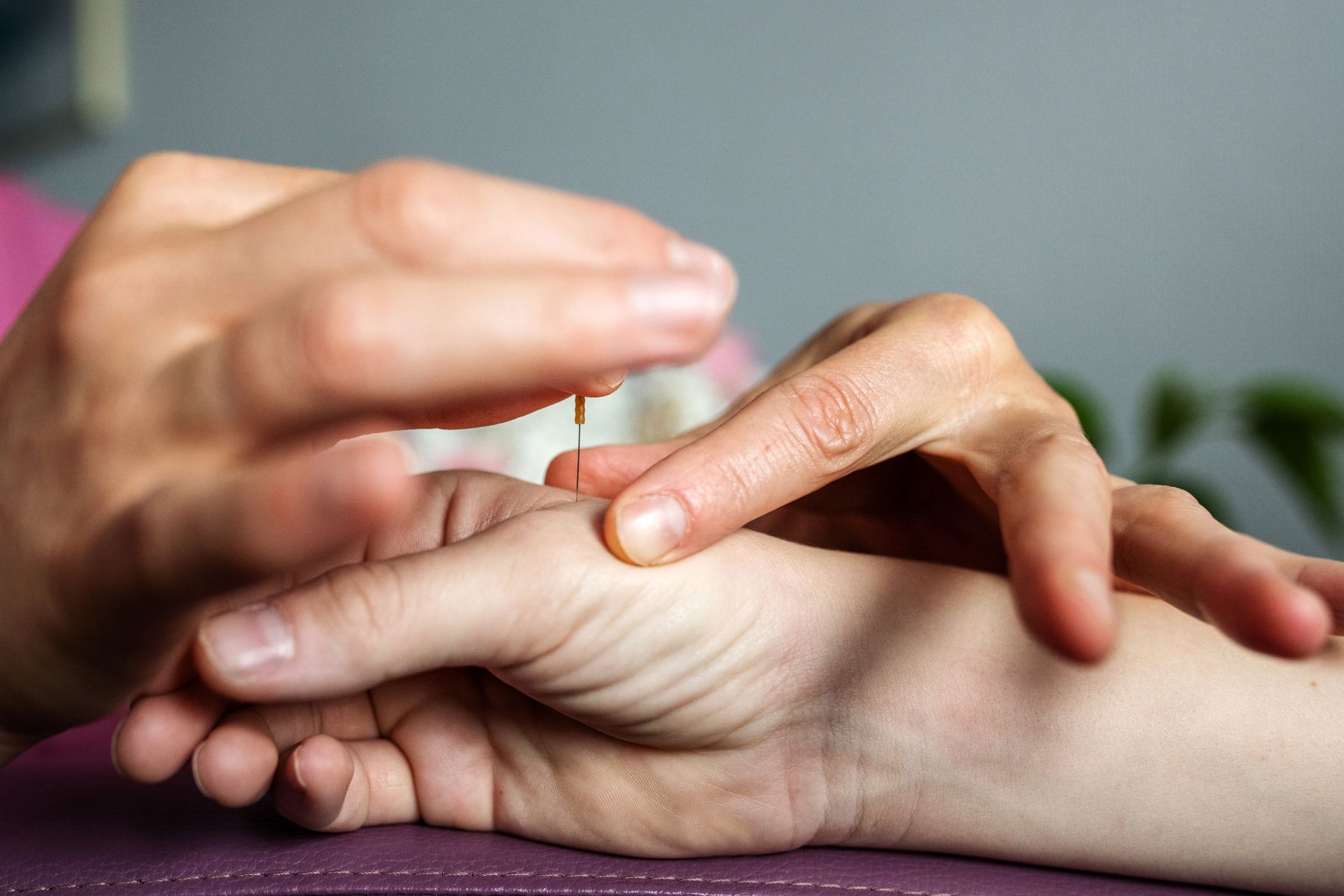The Traditional Understanding: Qi and Balance
Acupuncture, a cornerstone of traditional East Asian medicine, has been in use for centuries. Central to this practice is the concept of Qi (pronounced chee), the vital energy that flows through the body, nourishing tissues and maintaining health. Modern research often draws parallels between this essential energy and the dynamic interplay of blood flow, nerve communication, and hormonal signaling. Notably, many acupuncture points are strategically located near neurovascular bundles, where blood vessels and nerves converge, providing a physical basis for the energy pathways described by ancient physicians.
When your Qi is blocked or imbalanced, it can lead to pain, illness, or emotional stress. Acupuncturists use very thin needles to stimulate specific points on these meridians to help restore proper flow, balance the body, and encourage healing.
Think of it like jump-starting a battery or smoothing out traffic on a jammed highway — the goal is to get things flowing again so the body can repair and rebalance.
The modern scientific perspective: What research shows
Nervous System Regulation
Endocrine and Hormonal Effects
Immune and Anti-Inflammatory Action
What this means for your health

Restore

Regulate

